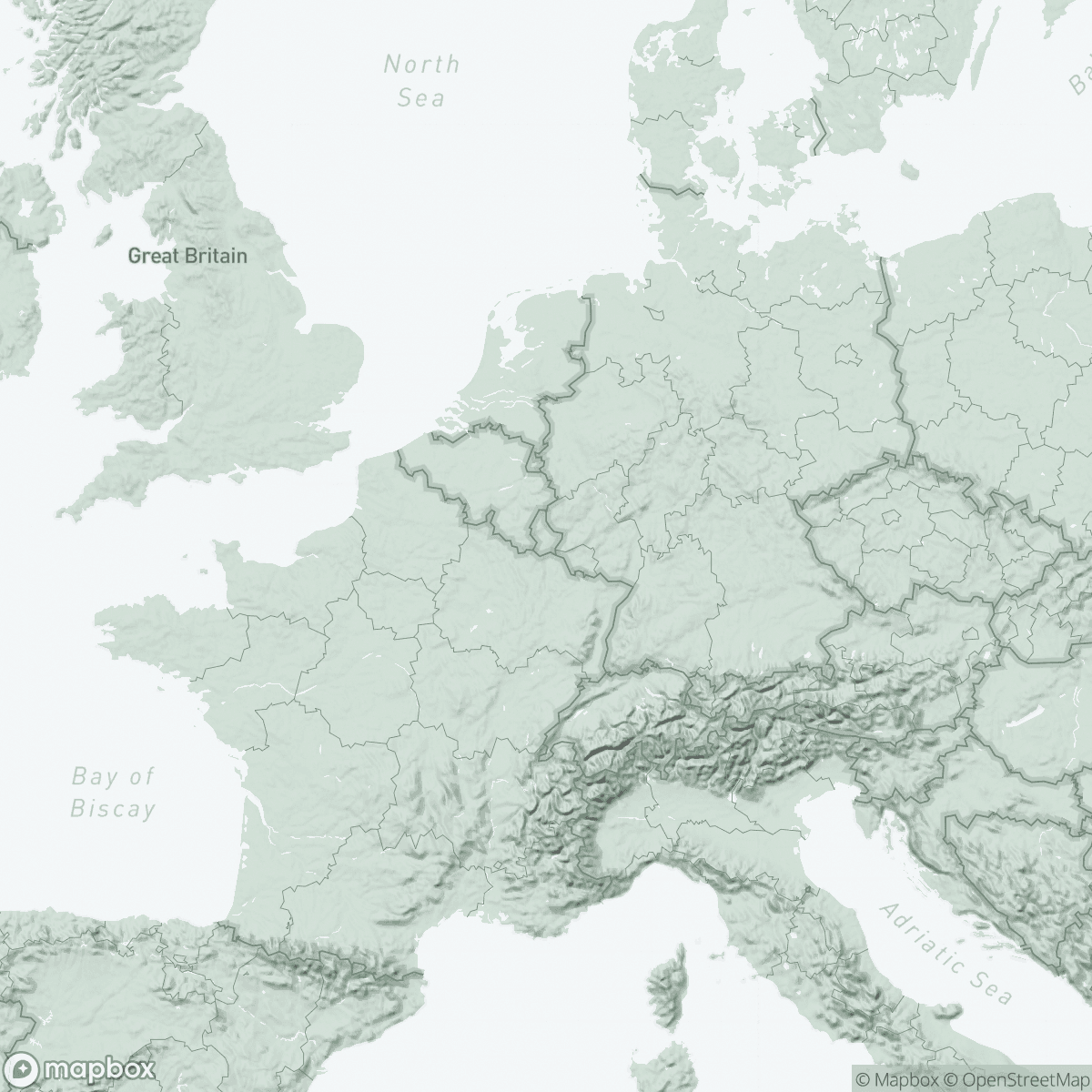
Jim Kent in Conversation with Dr Christou: “Stay together and keep defending humanity”
In 1 click, help us spread this information :
While COVID-19 has been dominated headlines, other humanitarian crises have continued: the devastation in aftermath of the earthquake in Haiti, the unprecedented food crisis and drought in Madagascar or the breakdown in health services across Afghanistan. MSF has been at the frontline for more than 50 years around the world, providing services for those most in need. At this event, Dr Christos Christou shared insights on matters such as Afghanistan, climate change and EU’s borders:
We will keep trying our best to stay close to those who need us the most. Stay together and keep defending humanity”. Dr Christos Christou, International president of MSF
Some features of the interview could be read below:
Jim Kent: As of today, and from your perspective, what are the most pressing issues regarding Afghanistan?
Dr Christou: Let us now talk about numbers. They are impressive but, behind every single number there is a human life that is under threat.
You can imagine a very chaotic situation these days, but one of the most important things that are going on is the total collapse of the health system, which is absolutely dependant these days on humanitarian aid that needs to come from abroad.
Thanks to the proximity that we had as MSF all these years, we managed to maintain all our activities. We are still working in five main regions in Afghanistan and we retain also a coordination team in Kabul.
JK: I would like to bring the conversation closer to home and talk about Europe’s borders. Sometimes it may feel as we will being overwhelmed by immigration. What is your view?
Dr C: I have to be very clear and again provide a very medical answer to this question.
Everyone has been concerned for the lives of those who flee places like Afghanistan, places where even our hospitals get bounded. They come here because they seek safety and, of course, MSF is not the one to check who deserves or who has the right to stay or not.
What we want is for everyone to be treated with respect and with human dignity. And what we do not want is what we have being witnessing since 2015 when this big refugee reception crisis occurred in Europe, especially in the Greek islands.
And what we witnessed is a deteriorated inhumane living conditions in the camps. People are detained, they are punished for making the trip and they are pushed back. Pushbacks today in Europe… that’s unethical!
We would like to see a world that treats people with humanity, not security, at the top of the agenda. We have to do this shift and our leaders need to understand that because, at the end of the day, they are not achieving what they want. Last year we had even more deaths. People still want to make the trip because they are desperate and, otherwise, they will choose even more dangerous routes to do it and we will have more victims.
JK: I heard that you were providing COVID support here in Europe too.
Dr C: Yes, we do. We have been in places where we would never have imagined we would be needed. Not only because we have this knowhow of other outbreaks (Ebola being one of them, a very recent one), but also because we are very much interested in sharing our knowhow and our experience with the authorities that may have the most sophisticated and advanced systems in the world, but they have never faced such diseases and outbreaks. Thus, we found ourselves in Brussels, Italy, Spain, in the US, next of course to indigenous populations in Amazonas and many places where COVID was like a time bomb. And we are still doing our best assisting and providing knowledge and COVID-19 related activities and services to the population.
JK: It seems incredible that you are providing those services in Europe. Should not healthcare systems be doing that?
Dr C: Yes, of course.
But in all these systems are people completely excluded and invisible, and they are left behind. We are there for these people.
This interview was held on the framework of the events held by MSF Luxembourg to mark the 50th anniversary of the association.





